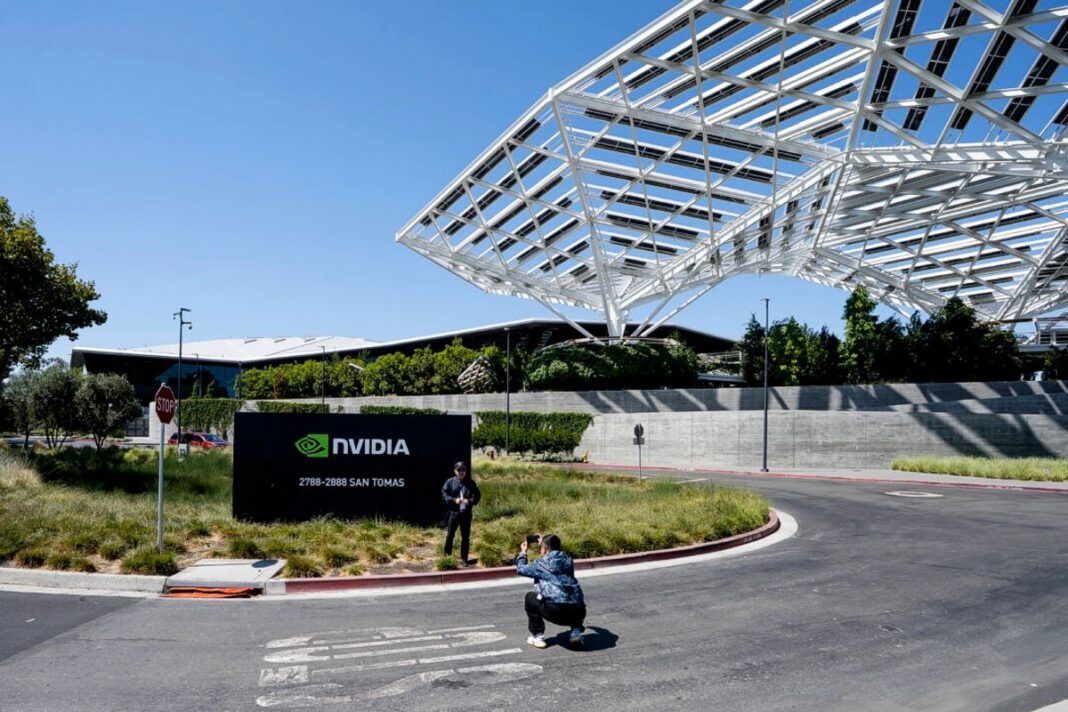Beijing’s decision to further investigate the U.S. chipmaker was announced as Chinese and U.S. trade talks continue in Spain.
Beijing will extend its investigation into Nvidia, the communist regime’s market regulator stated on Sept. 15, after a preliminary review concluded that the U.S. chipmaker breached China’s anti-monopoly law.
The probe against Nvidia was launched back in December 2024, when China’s State Administration for Market Regulation stated that the company was suspected of violating the country’s anti-monopoly law.
It also accused Nvidia of potentially failing to uphold a commitment related to its $6.9 billion deal to buy Israeli American chip designer Mellanox Technologies, for which Beijing granted conditional approval in April 2020.
No details about the alleged wrongdoing were given in the brief statement released by the market regulator.
A spokesperson for Nvidia said the company complies with the law “in all respects.”
“We will continue to cooperate with all relevant government agencies as they evaluate the impact of export controls on competition in the commercial markets,” the spokesperson told The Epoch Times via email.
The announcement of a continued probe into Nvidia came as U.S.–China trade talks continue in Madrid. Among the key issues on the agenda are the new tariffs the Trump administration wants to levy on the Chinese communist regime over its purchase of sanctioned Russian oil, the looming deadline for Chinese company ByteDance to divest itself of TikTok, and Chinese money laundering.
The U.S. delegation is led by Treasury Secretary Scott Bessent and Trade Representative Jamieson Greer. Chinese Vice Premier He Lifeng and Ministry of Commerce official Li Chenggang are representing Beijing’s interests.
Amid its trade war with Washington, Beijing has ramped up pressure on Nvidia. On July 31, the Cyberspace Administration of China stated that it had summoned the chipmaker to explain the alleged “security risks linked to back doors” in the company’s H20 chips sold in China, and to provide supporting materials.
Nvidia responded at that time by saying that its chips don’t have any back doors that would allow a remote way to access or control them.
By Dorothy Li








